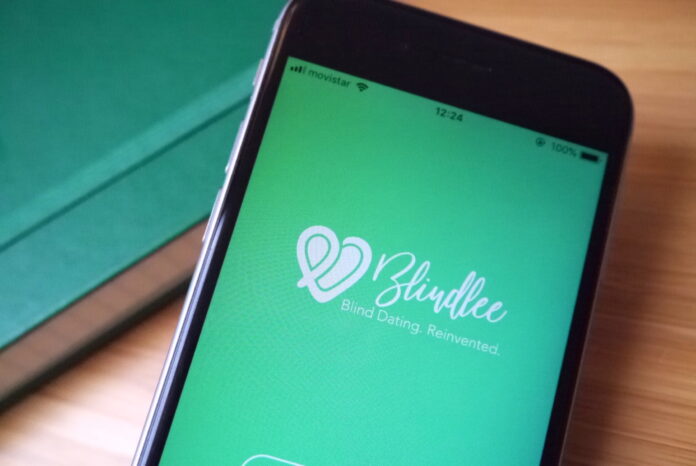It’s estimated that there are about 1,500 dating apps out there, even though most users can recite only a handful of them. While Tinder (now under new leadership after the departure of Sean Rad) and Bumble are the two largest and most-used dating apps in the United States, Badoo is the largest one in the world with over 400 million users.
With just a few dating apps holding the lion’s share of monthly active users, how do the other 1,497 apps compare? Why or why not would users flock to them?
As users express frustration with dating app algorithms, the social expectations around online dating, and the overall churn associated with dating apps, many find that the collaborative filtering the largest dating apps tend to use does not actually work for them. After all, if you keep having unsuccessful dates with people or conservations that drop off after a certain point with no dates, why would people with similar profiles produce better results?
The apps have seemingly lost the plot and the human aspects that attract people to one another. Therefore, niche dating apps with smaller user bases are expected to take off in the coming years.
Some niche dating apps already exist and have thrived, such as J-Date for Jewish users, which launched in 1997. The site took off and has retained a thriving user base to the present day because selecting “Jewish” on a large, mainstream app may be a catch-all. But there are actually several denominations of Judaism that non-Jews may be unfamiliar with. The app provides a Judaism-centric focus for users seeking Jewish partners without explaining their faith and culture.
But dating apps have gone from demography-based attributes like J-Date to personal traits and interests: Tabby launched for cat lovers, where users even enter information about their cats’ traits. FarmersOnly.com is a “country life” dating app where farmers, ranchers, sustainable living advocates, and people looking to date them can sign up to cut through the millions of incompatible lifestyles on the major dating apps.
New dating apps are becoming so niche that even food and drink tastes are being utilized to match people with dates: Bubbli launched for people who love boba and bubble tea. The app matches users with similar tastes and locations, as well as nearby bubble tea shops, with tie-ins to Bubbli’s online boba accessory shop.
Users who haven’t had luck with the large dating apps but don’t want to swear off internet dating completely are likely to turn to niche apps if they value certain demographics and interests. Finding common interests with a potential partner is definitely made easier through a niche app that focuses on them, which is why analysts are watching the niche dating app space closely.
Once she left Tinder, Wolfe Herd received an offer to be CMO at Badoo, Europe’s largest dating app founded by Russian entrepreneur Andrey Andreev. Initially, she wanted to create a women-only social media app rather than stay in the dating industry and was uninterested in being another company’s employee. Andreev saw the potential in a women-only social media app, but he saw more potential in a women-centric dating app that gave them more autonomy. Andreev ultimately convinced Wolfe Herd to start a new app with his vast resources and infrastructure.











